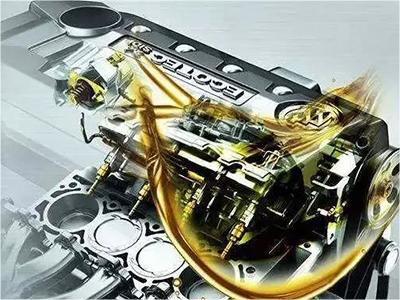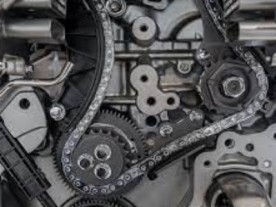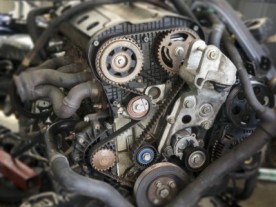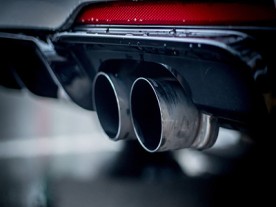How to choose a high-efficiency fuel pump to improve fuel utilization
The fuel pump is an important component in the vehicle's fuel system, and its performance and operating condition are closely related to fuel efficiency.
Fuel supply: The fuel pump is responsible for delivering fuel from the fuel tank to the engine. If the fuel pump fails to provide sufficient fuel flow or pressure, it can lead to incomplete combustion, reduced power, and fuel wastage.
Fuel injection system: Modern vehicles typically use fuel injection systems for precise fuel control and injection. The fuel pump supplies high-pressure fuel required by the fuel injection system. If the fuel pump outputs unstable or inaccurate pressure, it can result in improper fuel injection, thus affecting fuel efficiency.
Energy consumption and losses: Fuel pumps are usually driven by electric or mechanical means, and their operation consumes some energy. If the fuel pump has low efficiency or generates excessive friction, heat, or vibration, it can consume additional energy and reduce fuel efficiency.
To choose a high-performance fuel pump for improved fuel utilization and reduced carbon emissions, consider the following factors:

Fuel pump type: Modern vehicles commonly employ electric fuel pumps, which are more efficient compared to traditional mechanical fuel pumps. They can provide precise fuel supply according to the engine's needs and are not affected by engine speed variations.
Energy efficiency standards: Understanding the energy efficiency standards of fuel pumps is an important criterion for selecting high-performance products. In certain regions, there are energy labeling regulations specifying the minimum efficiency requirements for fuel pumps. Look for fuel pumps that comply with or exceed these standards to improve fuel utilization and reduce carbon emissions.
Brand and quality: Choosing well-known brands for fuel pumps can enhance reliability and performance. These brands often have experienced engineering teams and stringent quality control, resulting in products with higher efficiency and durability.
Technological innovation: Stay informed about technological innovations in the field of fuel pumps. Advanced control systems with adjustable output pressure or flow have emerged. These innovative technologies provide accurate fuel supply based on actual needs, further improving fuel utilization.
References, evaluations, and test reports: Reviewing consumer feedback, professional evaluations, and test reports for fuel pumps can provide more information about performance and efficiency aspects. This information helps understand the differences between different models and choose the most suitable fuel pump for your vehicle and driving conditions.
In conclusion, when selecting a high-performance fuel pump, it is recommended to consider factors such as fuel pump type, energy efficiency standards, brand quality, technological innovation, and relevant evaluations and test reports. Additionally, adopting proper driving habits and regular vehicle maintenance is also essential for improving fuel utilization and reducing carbon emissions.












